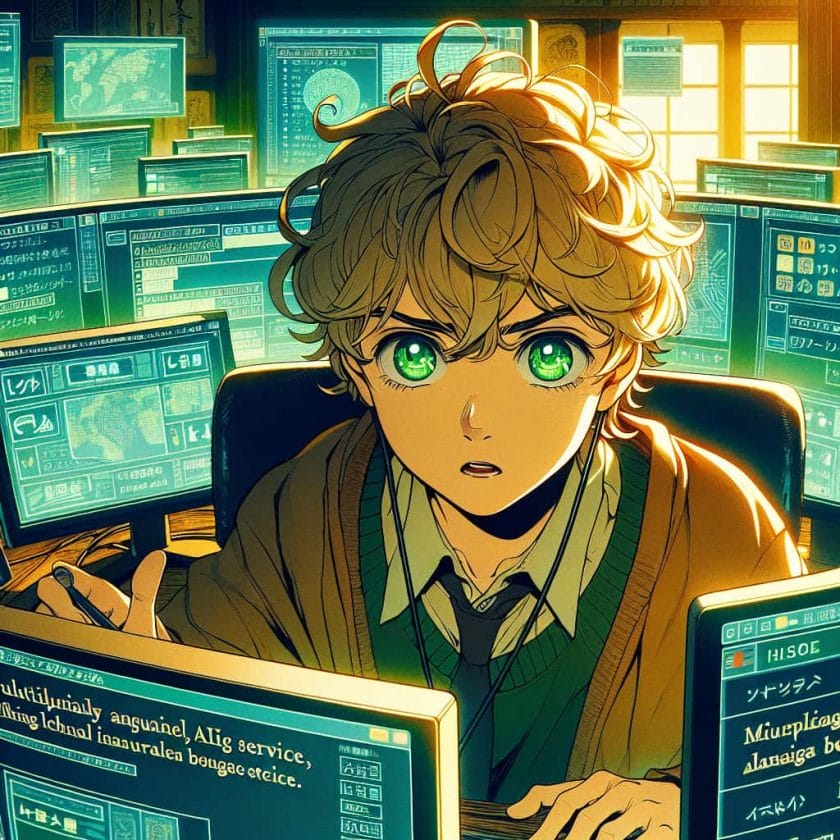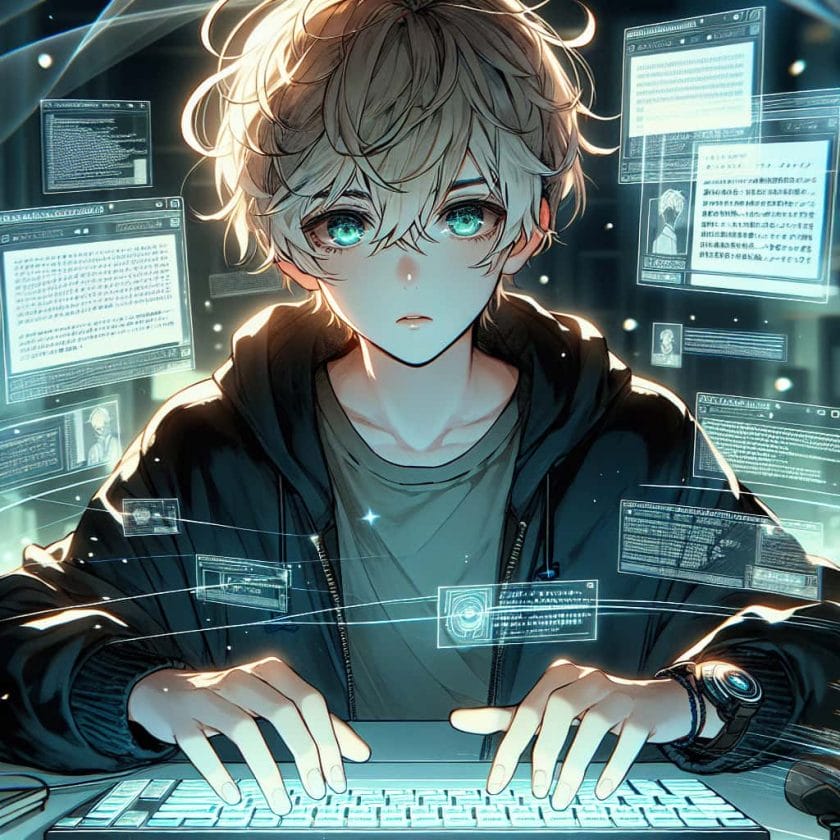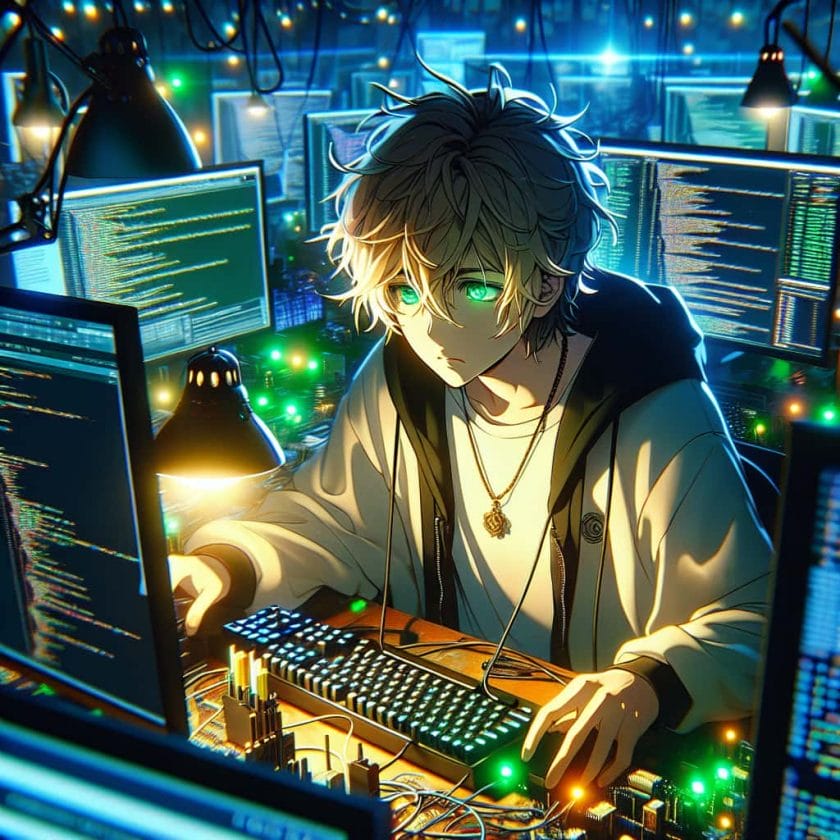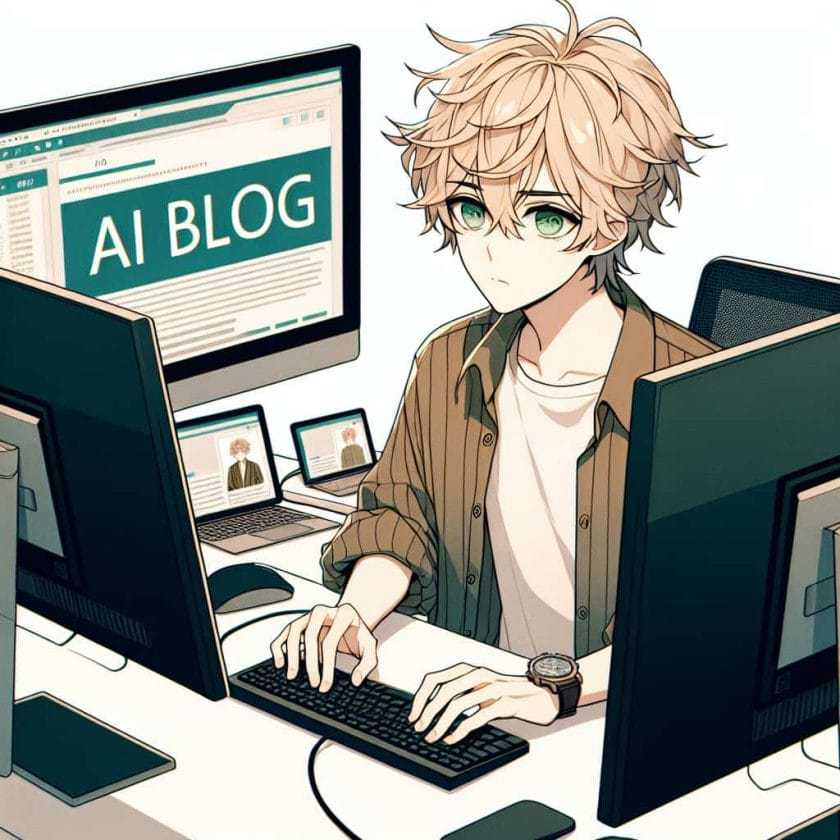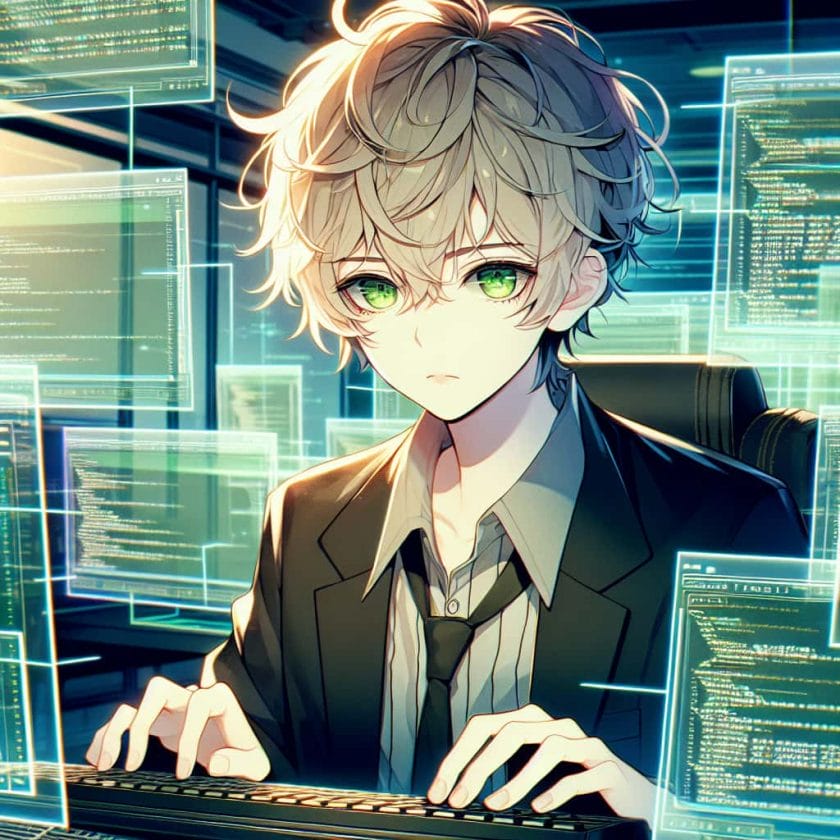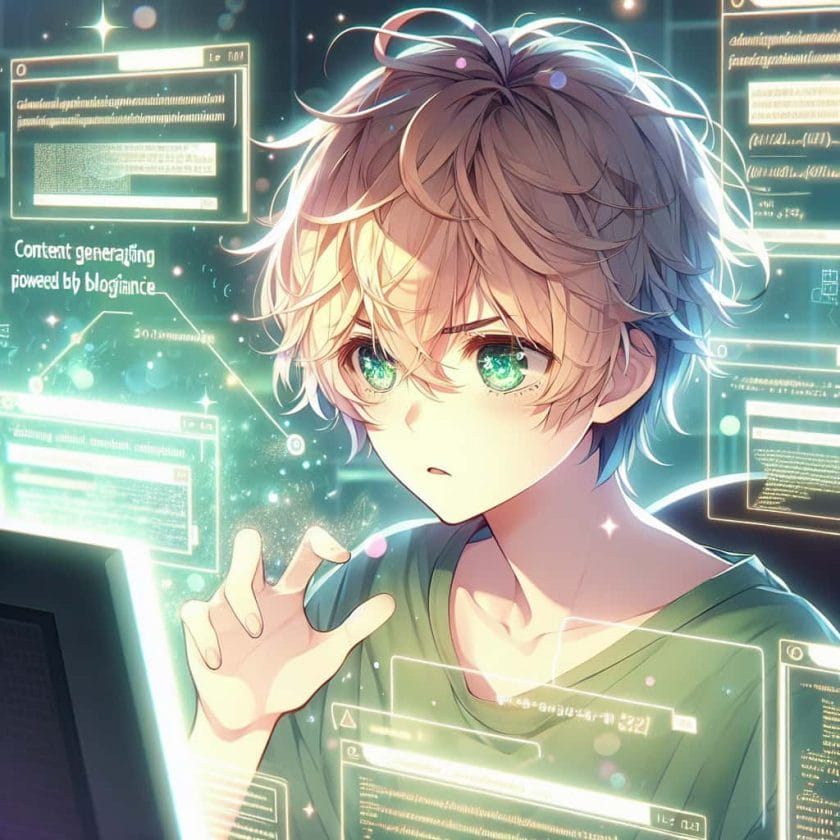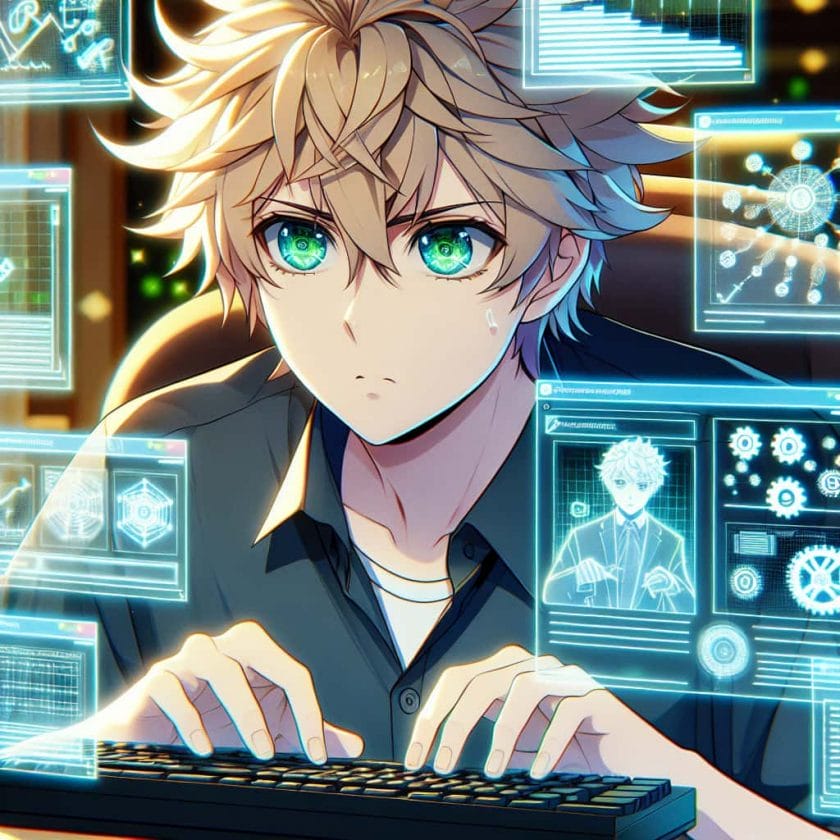OpenAI, the research organization co-founded by Elon Musk and Sam Altman, has announced that it will be making some of its cutting-edge AI tools open source.
What is OpenAI?
OpenAI is an artificial intelligence research laboratory consisting of the brightest minds in the field. Founded in 2015, OpenAI’s goal is to create advanced AI systems that benefit humanity as a whole. The organization focuses on developing technology that can solve real-world problems, such as climate change and healthcare.
The team at OpenAI believes that AI has the potential to revolutionize the world, but it must be developed responsibly. Therefore, they place a strong emphasis on ethical considerations and transparency in their work.
OpenAI’s research covers a wide range of topics within AI, including natural language processing, computer vision, robotics, and reinforcement learning. They have also created several tools and platforms that allow developers to build upon their technology.
Who founded OpenAI?
OpenAI was founded by some of the most influential figures in tech: Elon Musk, Sam Altman, Greg Brockman, Ilya Sutskever, John Schulman, and Wojciech Zaremba. These individuals recognized the potential benefits of AI but were also concerned about its potential risks if left unchecked.
Elon Musk’s involvement with OpenAI was short-lived due to conflicts of interest with his other ventures such as Tesla and SpaceX. However, he remains a vocal advocate for responsible AI development.
Since its founding, OpenAI has grown significantly and now boasts a team of over 100 researchers and engineers from around the world.
What is the purpose of OpenAI?
The purpose of OpenAI is to advance artificial intelligence in a way that benefits humanity as a whole. They believe that AI has enormous potential to solve some of the world’s most pressing problems but must be developed responsibly.
To achieve this goal, OpenAI conducts cutting-edge research into various aspects of AI while emphasizing ethical considerations such as transparency and safety. They also aim to make their technology accessible to developers and researchers worldwide, allowing for further innovation and progress in the field.
Is OpenAI a non-profit organization?
Yes, OpenAI is a non-profit organization. They operate as a research laboratory rather than a traditional business, with the goal of advancing AI technology for the benefit of society rather than generating profit.
This non-profit structure allows OpenAI to prioritize their mission over financial gain, ensuring that their work remains focused on ethical considerations and responsible development.
How does OpenAI develop its technology?
OpenAI’s development process involves a combination of cutting-edge research and collaboration among their team members. They conduct extensive experimentation and testing to refine their algorithms and models continually.
Additionally, they make use of large-scale computing resources to train their models on vast amounts of data. This enables them to create highly sophisticated AI systems capable of solving complex problems in real-world scenarios.
OpenAI also places a strong emphasis on transparency in their development process, publishing papers detailing their research findings and making many of their tools open source.
Has OpenAI released any products to the public?
Yes, OpenAI has released several products to the public. These include:
– GPT-3: A natural language processing model capable of producing human-like text.
– Gym: A platform for developing and comparing reinforcement learning algorithms.
– RoboSumo: A game that allows researchers to test multi-agent reinforcement learning algorithms.
– DALL-E: An image generation model capable of creating unique images from textual descriptions.
These products are available for developers and researchers worldwide, allowing them to build upon OpenAI’s technology and contribute to the advancement of AI as a whole.
Can anyone use OpenAI’s technology for free?
Many of OpenAI’s tools and platforms are available for free or at low cost. However, some products may require payment or a subscription to access.
For example, GPT-3 is available through an API that requires payment based on usage. Additionally, some of OpenAI’s research may be restricted to certain parties due to ethical or safety considerations.
Are there any restrictions on using OpenAI’s technology?
OpenAI places a strong emphasis on responsible development and ethical considerations. Therefore, they may impose restrictions on the use of their technology in certain industries or applications.
For example, they have limited access to their GPT-3 model due to concerns about its potential misuse for creating fake news or other harmful content. Similarly, they have placed restrictions on the use of their robotics technology in military applications.
Overall, OpenAI seeks to ensure that their technology is used in a way that benefits humanity while minimizing potential risks and harms.
Is OpenAI’s code available for developers to view and modify?
Yes, much of OpenAI’s code is available for developers to view and modify. They make many of their tools and platforms open source, allowing others to build upon their work and contribute back to the community.
This open approach has led to significant advancements in AI research and development worldwide, as researchers from different organizations can collaborate and share ideas freely.
How can someone contribute to the development of OpenAI’s technology?
There are several ways that someone can contribute to the development of OpenAI’s technology:
– Use their tools: Developers can use OpenAI’s platforms such as Gym or RoboSumo to test and refine their own algorithms.
– Contribute code: OpenAI makes many of its tools open source, allowing developers worldwide to contribute code improvements and bug fixes.
– Collaborate with researchers: Researchers from other organizations can collaborate with OpenAI researchers on joint projects or papers.
– Provide feedback: Users can provide feedback on OpenAI’s products, helping them continually improve their technology.
Overall, OpenAI seeks to foster a collaborative and open environment that encourages innovation and progress in the field of AI.
Has OpenAI ever made any controversial decisions regarding its technology?
Yes, OpenAI has made several controversial decisions regarding its technology. One of the most significant was their decision to limit access to their GPT-3 model due to concerns about potential misuse.
Additionally, they have faced criticism for their decision not to release certain research findings due to safety or ethical concerns. Some have argued that this lack of transparency could hinder progress in the field of AI by preventing others from building upon their work.
However, OpenAI remains committed to responsible development and ethical considerations, even if it means making difficult decisions that may be unpopular with some stakeholders.
Are there any legal implications for using OpenAI’s technology in certain industries or applications?
Yes, there may be legal implications for using OpenAI’s technology in certain industries or applications. For example, the use of AI in healthcare is subject to strict regulations and privacy laws.
Additionally, the use of AI in areas such as finance or law may raise issues related to bias or discrimination. Therefore, organizations must carefully consider the potential legal implications before implementing AI solutions in these areas.
OpenAI places a strong emphasis on responsible development and ethical considerations but cannot guarantee that its technology will be free from legal risks or challenges.
Does OpenAI have competitors in the artificial intelligence industry?
Yes, there are many companies and organizations working on artificial intelligence research and development worldwide. Some of OpenAI’s competitors include Google’s DeepMind, Facebook AI Research (FAIR), Microsoft Research, and IBM Watson.
Despite this competition, many organizations collaborate with each other on joint projects or share research findings openly. This approach helps advance the field of AI as a whole while ensuring responsible development practices are upheld.
How has OpenAI impacted the field of artificial intelligence since its inception?
OpenAI has had a significant impact on the field of artificial intelligence since its inception. Some of their key contributions include:
– Advancing research in natural language processing, computer vision, robotics, and reinforcement learning.
– Creating open-source platforms such as Gym that allow developers to test and refine their algorithms.
– Developing state-of-the-art models such as GPT-3 and DALL-E that push the boundaries of what is possible with AI.
– Emphasizing ethical considerations and responsible development practices in their work.
Overall, OpenAI’s contributions have helped advance the field of AI while emphasizing the importance of ethical considerations and transparency.
What does the future hold for OpenAI and its role in advancing AI research?
As AI continues to evolve, OpenAI will likely play an increasingly important role in advancing research and development in this field. They will continue to focus on creating technology that benefits humanity while ensuring responsible development practices are upheld.
Some potential areas where OpenAI may make significant contributions in the future include:
– Healthcare: AI has enormous potential to improve healthcare outcomes by analyzing large amounts of data and aiding medical professionals in diagnosis and treatment decisions.
– Climate change: AI can help address climate change by optimizing energy usage, predicting weather patterns, and developing more efficient transportation systems.
– Robotics: As robots become increasingly prevalent in society, OpenAI’s research into advanced robotics technology could help ensure these machines are safe and beneficial for humans.
Overall, OpenAI’s mission remains focused on advancing AI technology for the betterment of humanity. As they continue to make breakthroughs in this field, we can expect them to play an even more significant role in shaping our technological future.
In conclusion, OpenAI is not entirely open source, but they do offer some of their tools and models for public use. If you’re interested in exploring AI further, feel free to get in touch with us and check out our AI services. We’d be happy to help you navigate this exciting field!

Is OpenAI free to use?
OpenAI Playground is an online platform that can be used for free, but there is a limit on the time you can spend on it. When you sign up for OpenAI, you will receive an initial credit of $18, which can be used to access the most advanced AI model that can generate about 650,000 words. However, the credit will expire after three months.
Is OpenAI GPT open-source?
OpenAI has created the most advanced Generative AI called GPT-4, which is revolutionizing how work is done. Unfortunately, GPT-4 is not open-source, which means that the code, model architecture, data, and model weights are not available for us to replicate the results. As a result, we cannot develop our own chatbot utilizing GPT-4 technology.
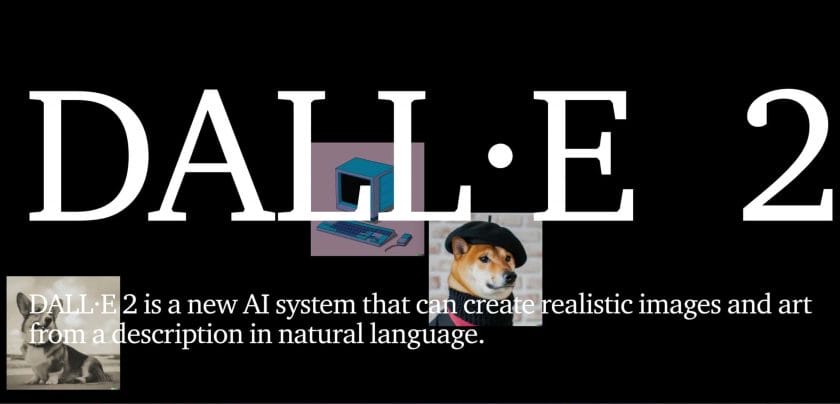
Is there an open-source version of GPT-3?
In contrast, GPT-3 was created to perform various tasks including programming code writing, while Bloom is an AI that is open source and can be downloaded for free from Hugging Face by researchers. GPT-3 is only accessible through OpenAI’s API, with full access being granted to only a few select companies.
Will GPT-4 be open-source?
A group of scientists have developed MiniGPT-4, which is an open-source model capable of executing intricate vision-language tasks. It is similar to the larger version. As per OpenAI, GPT-4 has the ability to perform multiple modalities, but its image-processing capabilities have not yet been made public.
Can I use OpenAI for commercial use?
As long as you abide by the Terms, OpenAI gives you full ownership of the Output, including all rights and privileges associated with it. This allows you to utilize the Content in any manner you see fit, even for commercial purposes such as selling or publishing, provided you adhere to the Terms.
Is OpenAI owned by Elon Musk?
Although Elon Musk used to have a stake in OpenAI, he currently does not own any shares in the company. He sold his stake to Microsoft in 2018. While he is not the owner of OpenAI, he still plays a role in the company.
